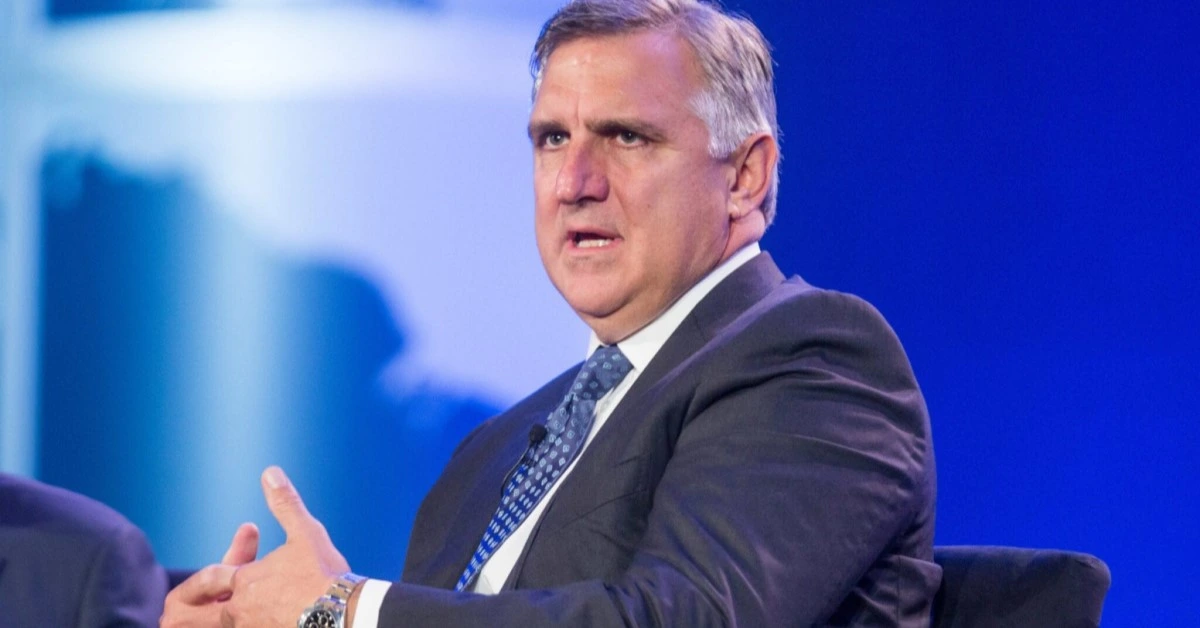
USA – Amgen Inc., the biopharmaceutical giant, has left investors anticipating longer for crucial mid-stage data regarding its obesity treatment candidate, MariTide (maridebart cafraglutide), during its recent quarterly earnings call.
Instead of providing updates on MariTide, the company announced the initiation of a Phase I study for a new weight-loss candidate, AMG 513, though details about its mechanism remain undisclosed.
Amgen initially captured investor interest with MariTide’s promising potential as a treatment for obesity during its first-quarter earnings call in May.
The company revealed that the positive Phase II data prompted a swift transition to Phase III trials, with results expected by year-end.
MariTide is a bispecific antibody that combines a GIP antagonist with two GLP-1 agonists, positioning it as a novel option in obesity treatment.
During the earnings call, Amgen’s leadership maintained a cautious stance, with Chief Scientific Officer Jay Bradner stating, “This is an ongoing study, so we have to be careful to avoid introducing any inadvertent bias or blinding. We just can’t comment on individual characteristics.”
The expectation for top-line results from the 11-arm obesity study is set for late 2024.
Earnings overview and pipeline challenges
Amgen’s third-quarter financial results largely aligned with analysts’ expectations, reporting total revenues of US $8.5 billion—a 23% increase year-over-year.
However, the company surpassed expectations with a 62% surge in earnings per share, reaching US $5.58, significantly above the consensus estimate of US $5.11.
Despite the positive revenue growth, Amgen announced the discontinuation of two mid-stage programs, raising concerns about its rare disease pipeline.
The decision to halt development of fipaxalparant for idiopathic pulmonary fibrosis (IPF) came after a Phase II study failed to meet its primary and secondary endpoints.
This asset was acquired through Amgen’s US $27.8 billion acquisition of Horizon Therapeutics last year.
Commitment to rare diseases
In response to inquiries regarding pipeline replenishment after the discontinuation of the IPF program, Amgen’s executives expressed confidence in their future prospects.
“The acquisition of Horizon has really activated and energized our staff in R&D,” said Bradner, highlighting a dedicated leadership team focused on rare disease drug development.
“A blend of internal and external innovation will more than replenish the rare disease mid- and early-stage pipeline in the years to come.”
Amgen also announced the termination of a Phase IIb study of efavaleukin alfa for ulcerative colitis, emphasizing that this decision was not driven by safety concerns.
XRP HEALTHCARE L.L.C | License Number: 2312867.01 | Dubai | © Copyright 2025 | All Rights Reserved